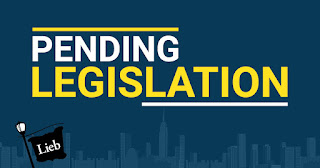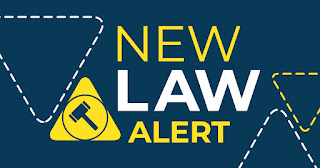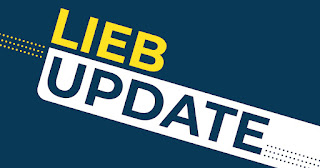Shoppers and gift givers need not worry about additional fees on Gift Cards/Certificates this holiday season. New York’s new law protects consumers from the predatory business practice of adding fees on gift cards. As mentioned in greater detail on our previous Blog, the law aims to prevent businesses from charging a plethora of additional fees on gift cards. The law further protects consumers from gift card expiration dates of fewer than 9 years, as well as prohibiting declining balances on gift cards over time. In addition, the law allows consumers to redeem remaining balances of $5 or fewer on gift cards.
If businesses are caught in
violation of the Law, not only will they end up on Santa’s Naughty List, but
businesses may also face court issued injunctions regardless of proof that anyone
was injured or damaged because of the violation; and may face court issued fines
of not more than $1,000 per violation.
If you purchased or received a gift card with added fees, an expiration date, or a declining balance then the business that issued the gift card may be liable for compensatory damages, punitive damages, penalties, and attorneys’ fees being awarded to the victim. If you believe that you were subjected to this kind of unlawful business practice by a merchant, you should speak to a lawyer and leverage New York General Business Law section 396-i to win your case.



















